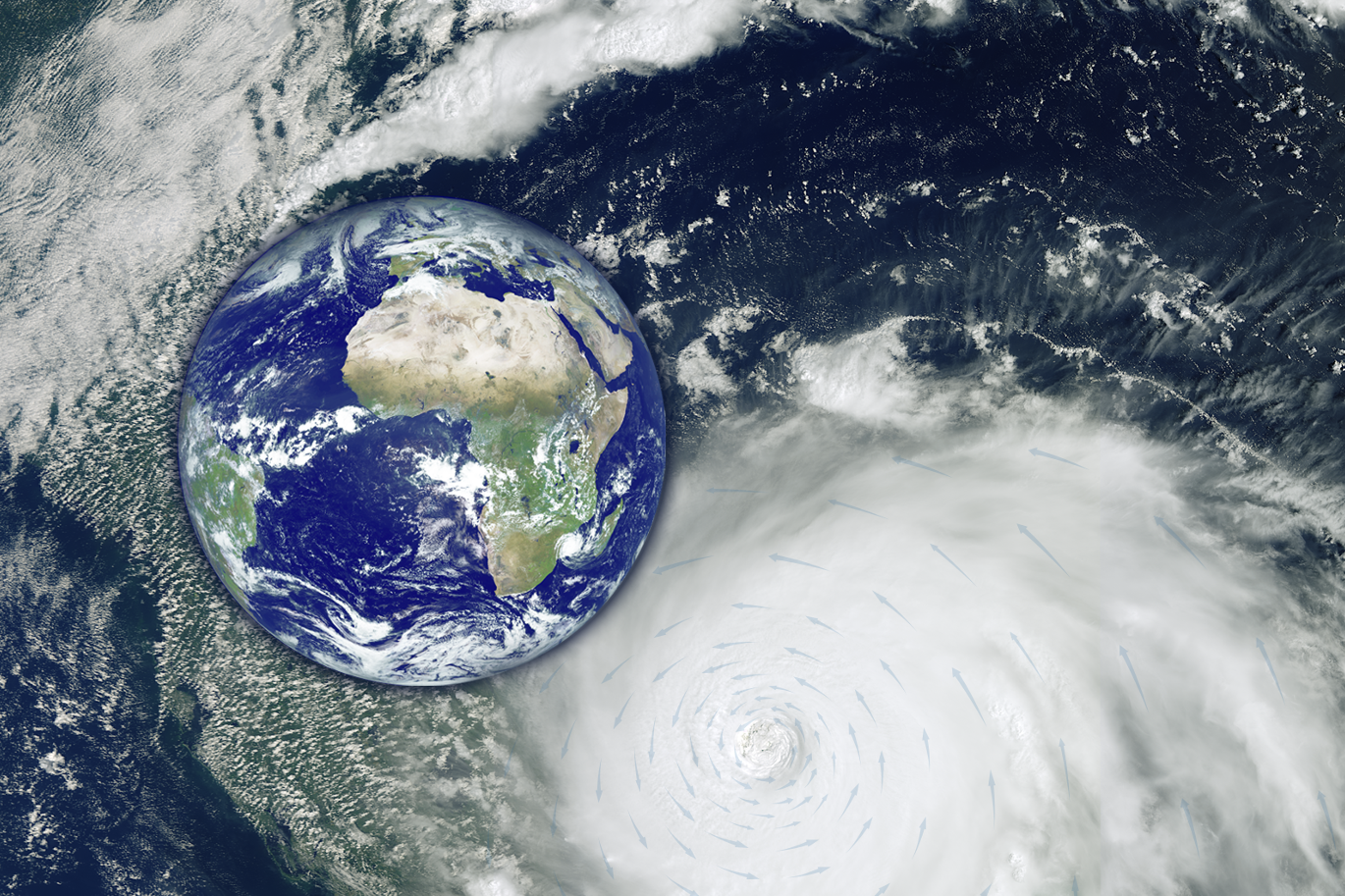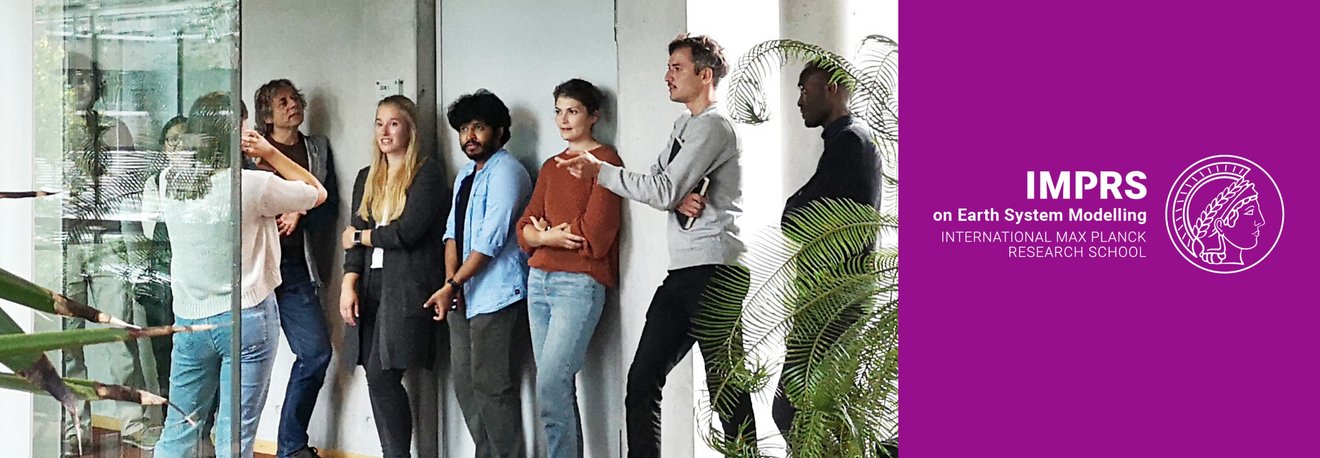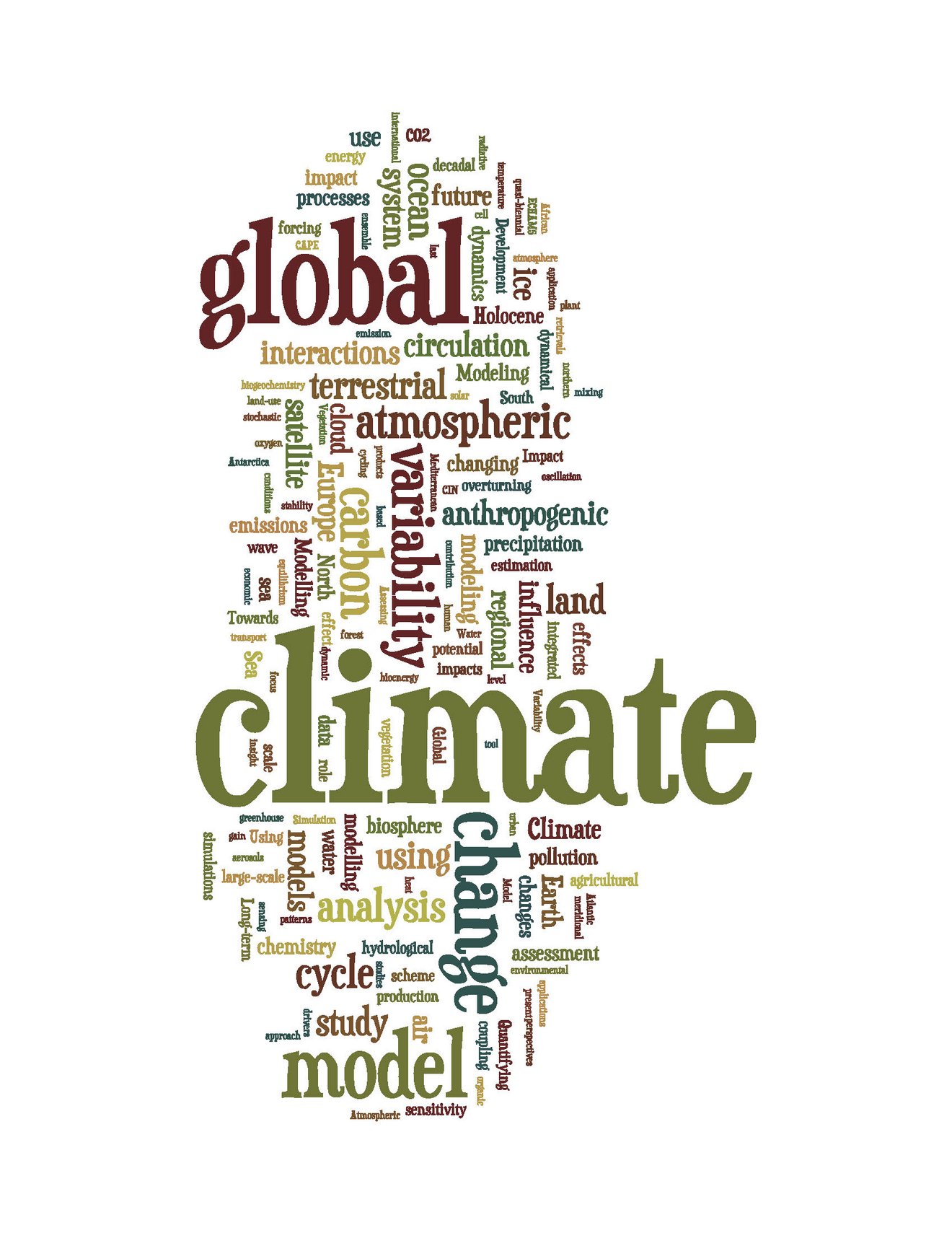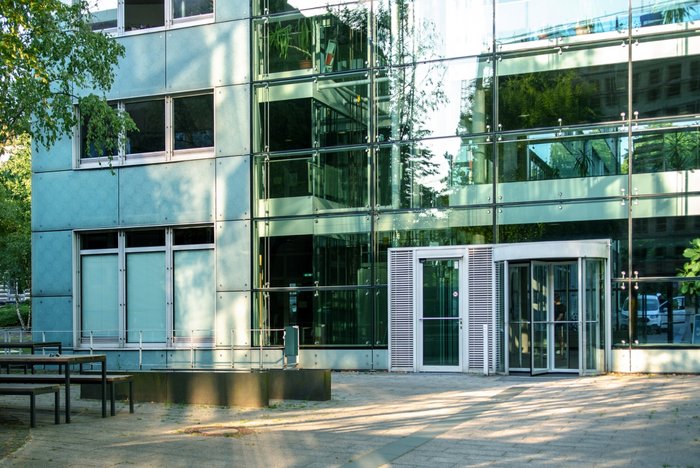Earth system scientists require a strongly interdisciplinary understanding.
We encourage doctoral candidates to broaden their base of knowledge by taking courses on subjects relevant to their topic, and by participating in summer schools, conferences and workshops, by attending seminars from high-profile visiting scientists, and by presenting own research results to peers.
A structured supervision program ensures that candidates enjoy the best possible academic support throughout their studies.
Curriculum
The IMPRS-ESM curriculum is flexible. In addition to a few basic training units it also allows to accommodate training interests voiced by doctoral candidates!
These two principal teaching units are offered annually:
- Introduction to Earth system sciences and modelling (1st year mandatory course)
- Annual Retreat (mandatory event)
Please note: A large number of IMPRS-ESM courses are offered according to demand from participants and the scientific expertise of the lecturers. You as doctoral candidate choose courses based on your own scientific interest and to best complement your personal training scheme.
IMPRS-ESM courses offer advanced academic training on topics in the Earth system sciences and on tools used in Earth system modelling in highly specialized courses. Senior scientists teach topics of their personal scientific expertise.
Doctoral candidates earn a minimum of 12 IMPRS-ESM credit points throughout their doctoral term. Credit points may also be earned for online courses of different external providers.
Local course providers are:
- Universität Hamburg (UHH)
- MIN faculty UHH (Geventis portal)
- Seminars of the KlimaCampus
- Hamburg Research Academy (HRA) (soft skill courses)
Training elements
Curriculum - summer semester 2025
(MPI-M lecturers and courses organized by IMPRS)
| Title (Lecturer) | Dates | Time/Place | Crd. |
|---|---|---|---|
| E_378 Climate Circulations and Energy (UHH course) (Sarah Kang) | starting 7 April | Mondays 12:00-13:30 Bu 53, room 24 | 2 |
| S_36 Climate Dynamics (UHH course) (Jochem Marotzke) | starting 7 April | Mondays 15:15-16:45 Lecture hall TMC Chemistry | 2 (+2 credits for course report) |
| E_355 Generic Software Skills (UHH course) (Tobias Kölling, Andreas Ziemen) | starting 8 April | Tuesdays 13:00-15:00 Bu 55, Geom 1536a | 2 |
| I_01 Introduction to Earth System Science and Modelling (Bjorn Stevens et al.) | 14 - 22 July | 9:00-17:00 room tbd | 2 |
| 96 Scientific Writing in the Age of AI | 17 July | online | - |
| IMPRS Annual Retreat | 8 - 10 October | Fintel | - |
Look here for content descriptions of previous courses, that could be offered again on demand.
IMPRS-ESM implemented an ‘Advisory Panel system’ to structure supervision of doctoral studies and guide doctoral candidates towards high quality and productive research within an adequate time frame. Advisory Panels comprise three scientists with expertise in the fireld of the PhD candidate's research topic. Panels are formed very early in a doctoral term. Regular bi-annual meetings provide quality and progress control and support the timely completion of doctoral studies.
From the beginning, each doctoral candidate has a primary advisor formally recognized by IMPRS-ESM. Candidate and primary advisor jointly take responsibility for the definition and design of the doctoral research. A co-advisor complements the scientific expertise of the primary advisor. A senior academic with experience in doctoral training serves as the Panel Chair. Panel Chairs are knowledgeable in the research topic but are not related to the research group and thus function as a peer reviewer for the IMPRS-ESM.
Download the pamphlet ‘Advisory Panel system’ for detailed information.
The IMPRS-ESM Annual Retreat is an interdisciplinary colloquium in which all IMPRS-ESM doctoral candidates present their most recent research results and discuss them with peers and advisors. It is run ‘conference style’ (10-minute presentations are followed by a five-minute discussion). Advanced doctoral candidates chair sessions and moderate the discussions.
The Annual Retreat gathers everyone involved with IMPRS-ESM for three days in a location outside of Hamburg. Being away from the daily office routine supports a focus on scientific exchange and motivates team building. During an IMPRS-ESM annual retreat we also address administrative issues to ensure best possible operation of IMPRS-ESM's affairs.
IMPRS-ESM encourages doctoral candidates to complement their individual academic training by actively participating in scientific conferences and workshops, both national and international. We provide you with a small annual budget to travel and participate in such scientific activities. It is up to you to find appropriate training opportunities and to negotiate with advisors and IMPRS-ESM as to the best use of your annual travel budget.
As an advanced doctoral candidate, you have the opportunity to present and discuss your work and to exchange ideas with fellow scientists in informal Tuesday seminars.
Wednesday seminars are reserved for invited speakers (internal or external).
In the KlimaCampus Colloquium on Thursdays, distinguished guests present their research under the theme of ‘Challenges of Climate Science’.
More Content

Climate data from ship logs: Interdisciplinary project receives funding from the Volkswagen Foundation
Historical logs from ships involved in the transatlantic slave trade also contain information about past climate conditions. Two climate researchers…

Expert committee recommends the selection of the WIVERN satellite mission as the 11th Earth Explorer
An expert committee has recommended the WIVERN satellite mission to be selected as the eleventh “Earth Explorer” mission of the European Space Agency…



